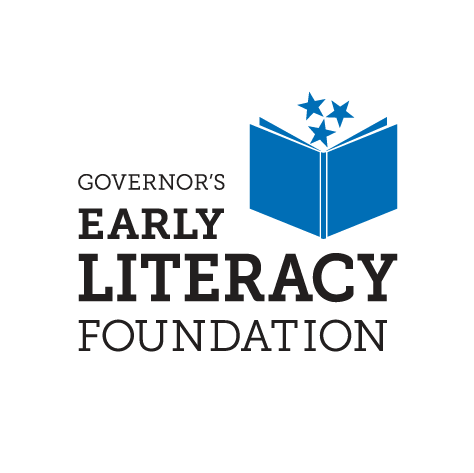The National Institute of Health defines health literacy as the capacity to obtain, process, and understand basic health information and services needed to make appropriate health care decisions, which requires the ability to read and comprehend. According to the Journal of the American Medical Association, “The ability to read is a stronger indication of health status than other socio-demographic variables, including race, age, and education level.”
Scope of the Problem
- 40% of U.S. adults are “fair to poor” readers
- 40 million adults read at or below a fifth grade level
Low Health Literacy Outcomes: Pfizer Report
Research found that children with low literacy had worse health behaviors and parents with low literacy had less health knowledge and behaviors that are advantageous for their children’s health (Dewalt and Hink). A growing body of evidence supports the association between deficits in health literacy and various health related outcomes such as:
- Lower reported health status
- Greater mortality
- Less disease-specific knowledge and ability to recognize common signs and symptoms of illness
- Greater utilization of hospital services
- Less self-confidence and skills needed for self-care and chronic disease management
- Lower receipt of important screening procedures (e.g. colonoscopy) and vaccinations
- Poorer understanding of medication and food labels
Impact on Health Costs
A recent and rigorous systematic review conducted by Eichler et al. identified 10 studies that addressed health literacy impacts on health care costs. These studies suggested that the additional costs of limited health literacy on the health system level range from 3% to 5% of the total health care costs per year.
What’s the solution?
Improve literacy overall
[1] National Institute of Health, 2005.
[2] JAMA, February, 1999.
[3] Dewalt, Pignone. The Role of Literacy in Healthcare. UNC-Chapel Hill, 2005.
[4] Hedrickson, Huebner, Riedy. Readability of pediatric health materials for preventative dental care. Bio Med Central, 2006.
[5] The Health Literacy Problem. Pfizer, 2006



